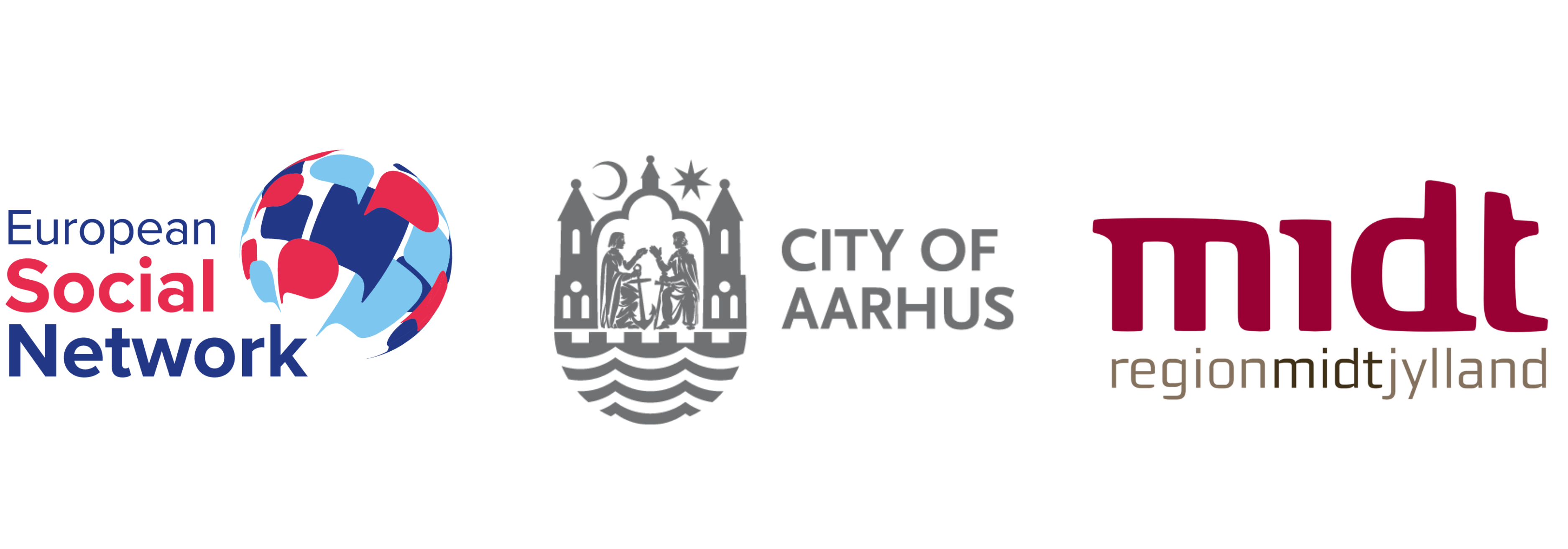Making Co-production Happen
These parallel sessions highlight projects and practices that promote different elements of co-production.
Session Types:
Workshop Session: This will take the form of an interactive meeting or educational session designed to create a specialised result, for example a guidance or learning that participants can use afterwards. It will include some form of training and/or group work.
Thematic Panel Discussion: During these sessions, 3-4 organisations present a project on a similar topic related to the conference theme during a moderated panel discussion. Delegates are invited to ask questions at the end of the session.
Making Co-production Happen: 26 JUNE 14:30 - 15:45
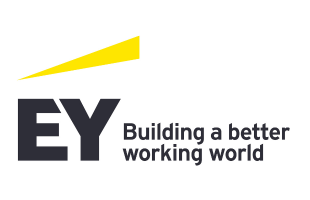
The political responsibility for social policies is almost always divided between local, regional and national authorities and requires cooperation across them. In this interactive workshop, EY will facilitate a group discussion to discuss the key challenges and success factors experienced when creating policies and cooperative projects to support older people and people with disabilities as well as social and employment policies. The workshop will focus specifically on major transformation projects that need a strengthened exchange of information, data and processes between public authorities.

In the context of labour shortages, more and more governments and public employment agencies around the world are looking to activate populations that are not in the labour market. More investment is being directed to activating populations with barriers to employment. More emphasis is being placed on meeting the specific needs of populations, versus catch-all supports and services that are intended to meet the needs of the regular jobseeker.
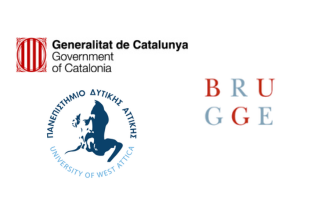
Neighbourhood and community approaches include a range of strategies aimed at supporting individuals and families within their local communities. These initiatives leverage local resources and social networks to address challenges linked, for instance to socio-economic difficulties and social isolation.
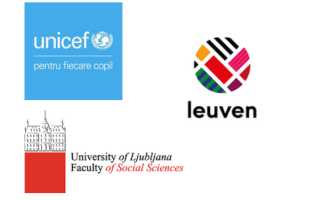
Co-creating family and children’s support requires collaborative efforts among various agencies together with families themselves to address their needs, particularly the needs of families in vulnerable situations. This approach emphasises inclusion, equity, and active participation, aiming to build strong support networks and holistic solutions tailored to the diverse contexts of these families.
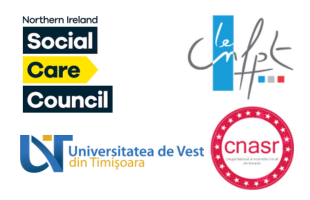
The social services workforce is a fundamental part of social protection systems across the EU and plays a key role in improving people’s lives. The demand for social services, support, and protection is rapidly increasing across Europe and beyond. This increase in demand places significant pressure on public social services and the workforce they employ, whilst also facing budget constraints, recruitment, and retention issues.
Making Coproduction Happen: 27 JUNE 14:00-15:00
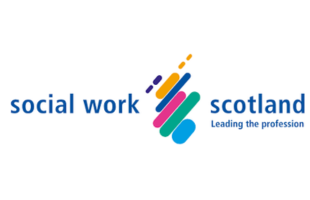
The National Joint Investigative Interview Project was set up to improve the quality of the experience of child victims and witnesses who are required to give evidence, to minimise the risk of re-traumatisation and improve the quality of evidence gathered during forensic interviews of social workers and police officers with children. Through a training programme, interviewers are equipped with enhanced skills and knowledge, particularly on trauma-informed approaches, enabling them to create safe, collaborative environments for children to share their experiences effectively during interviews.
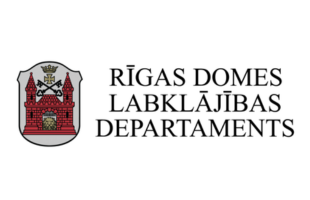
Having realised that families with children with disabilities did not have the right type of support, the Welfare Department of Riga City Council conducted a research study and collaborated with service providers and families to develop and implement a new social programme. The programme consists of support provided by trained professionals who, together with family members, co-developed individual support programmes tailored to the individual needs of the child with disabilities, siblings, and parents.
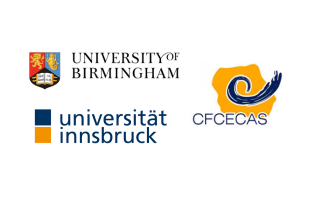
The participation of people using social services in tailoring these services is crucial for creating programmes and initiatives that truly meet their needs. Person-centred approaches bring more perspective and insight, build trust between services providers and beneficiaries, empower people using services, and increase the effectiveness and impact of social services.
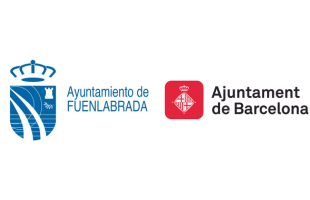
Promoting citizens’ engagement in social services is essential as it fosters inclusion, empowers the community, and ensures that services are responsive to diverse needs and preferences. By actively involving citizens in decision-making processes, social services can better fulfil individual and collective needs, address systemic inequalities, and promote equality.
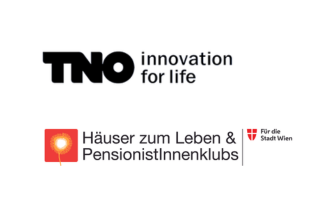
Shared decision making is a key element of co-production in community-based care and support. People with lived experience of care are experts in what helps them have a good quality of life and what support can help them overcome situations of social exclusion. Involving people in decisions over their own care and support, gives them more control over their lives to become more self-sufficient.
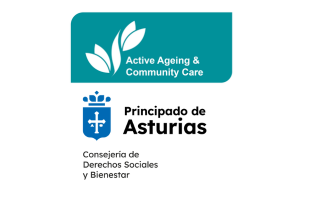
Research shows that loneliness has a serious impact on older people’s longevity, their physical and mental health and their quality of life. Likewise, the lack of care but also its low quality can further deteriorate older people’s wellbeing and their life quality. In this session, we will hear about two experiences addressing these challenges. Malta’s Active Ageing and Community Care Agency (AACC) empowers the older persons they support so they can find by themselves the services they need to improve their wellbeing, including mental health, family therapy and group sessions.
